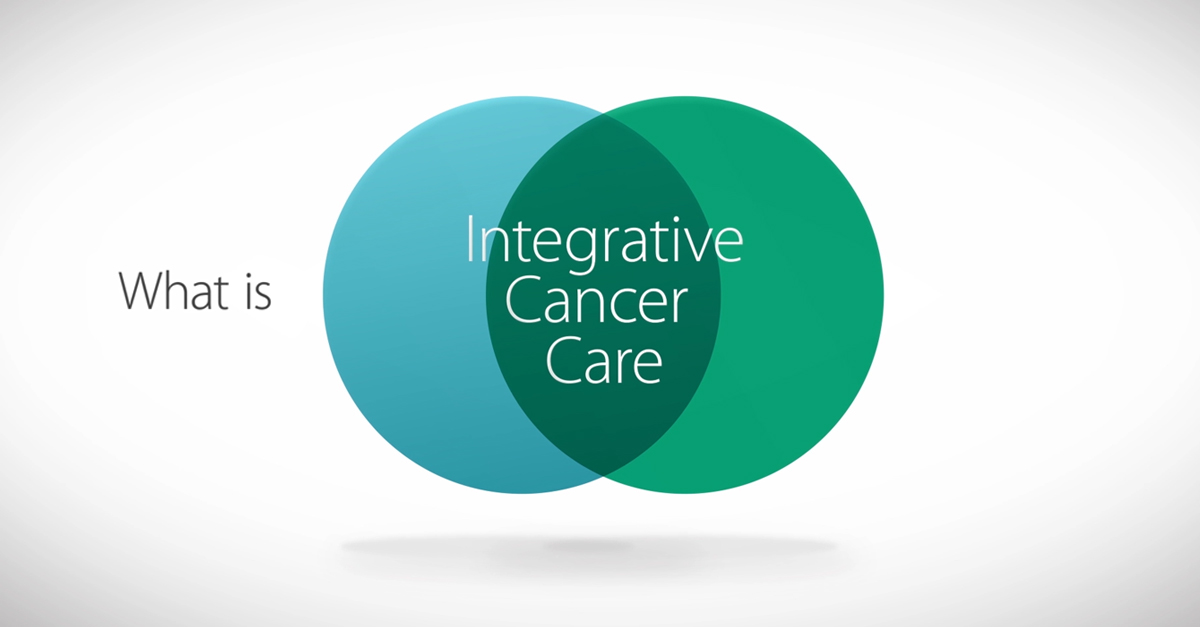
A cancer diagnosis can be life-changing, but writing down your thoughts may offer you new perspective on the journey. Journaling can be an empowering tool—in sharing your story with the world, expressing your feelings privately and in coping with cancer.
Expressive and reflective writing is one of many tools that may help patients process the losses associated with having cancer. Writing may help you explore and express your emotions and help you structure your thoughts. Writing may also help you find meaning in what could be described as an unpredictable and distressing life event.
“I often encourage patients to clear the air, if necessary, with friends and family members about conflicts, annoyances and hurts, as well as things they appreciate, admire and value,” says Lynn Bornfriend, MD, a Psychiatrist at our Philadelphia hospital. “These conversations, or communications, can help to clear up misunderstandings and increase connection and intimacy, both of which are positive to healing and well-being. Encouraging patients to write about their feelings and thoughts is the first step in fostering this sort of communication, because it gives the patient the opportunity to think about exactly what he or she is feeling, and practice how to describe or discuss it.”
Anyone can experience the power of writing. All you need to do is find a pen and paper, or a laptop—and the permission to express yourself. A number of writing venues await. Here are a few:
Journal: The most private form of writing, the journal, or diary, doesn’t have to be shared with anyone. Use it to chronicle your daily activities or your most intimate thoughts.
Letters and email: Among the oldest forms of writing, letters have been fundamental to humans for a long time. Writing letters allows you to share your thoughts and feelings with a single person of your choosing. Emails are the electronic version of letter writing, and one of their perks is that they can be shared with just one person, or mass distributed to thousands more.
Blog: With more than 100 million blogs crowding cyberspace, blogging has become a popular form of sharing personal stories and perspectives. They are meant to be shared publicly, expanding your reach beyond your circle of friends and family.
Social media: Many social media platforms are available for sharing your story, including Facebook, Instagram, Snapchat, Twitter, and YouTube. Together, they have become one of the most common ways to spread the word about any given topic.
Get tips on keeping a healthy sex life after cancer treatment.


